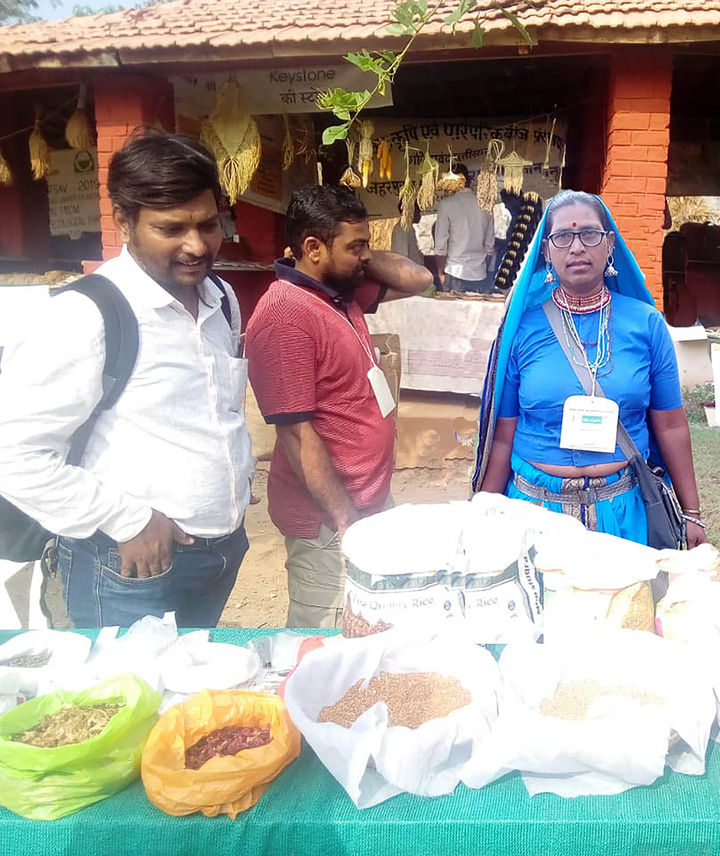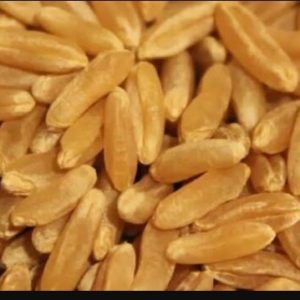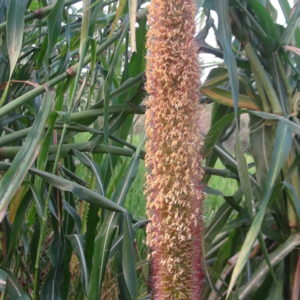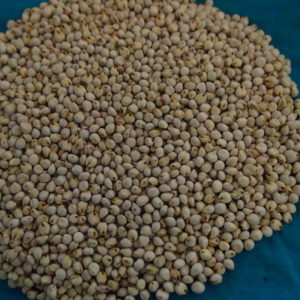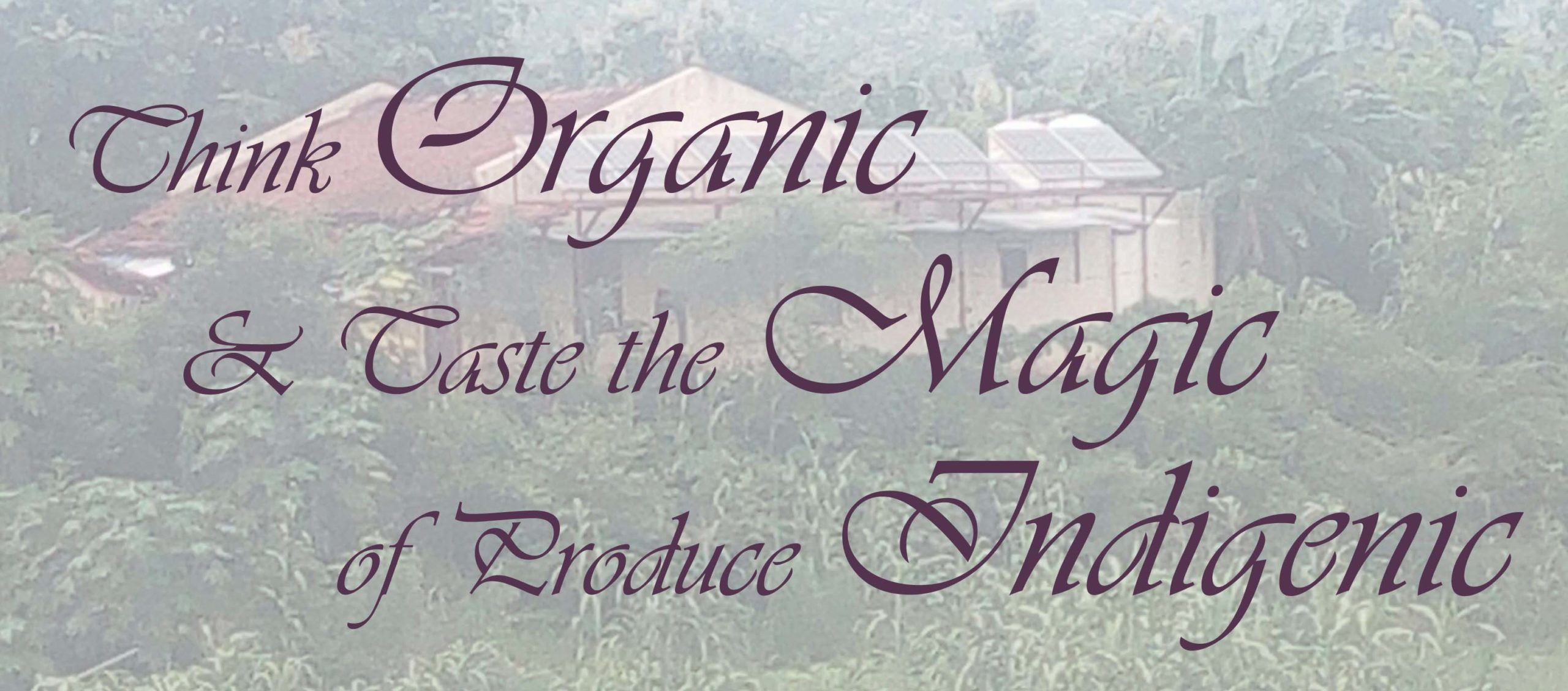
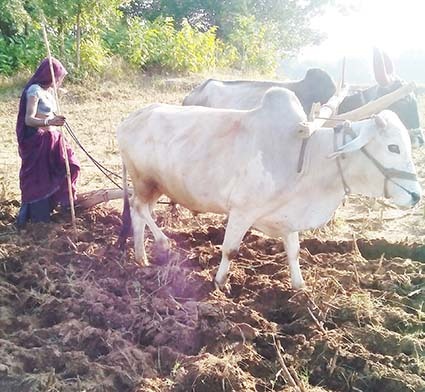
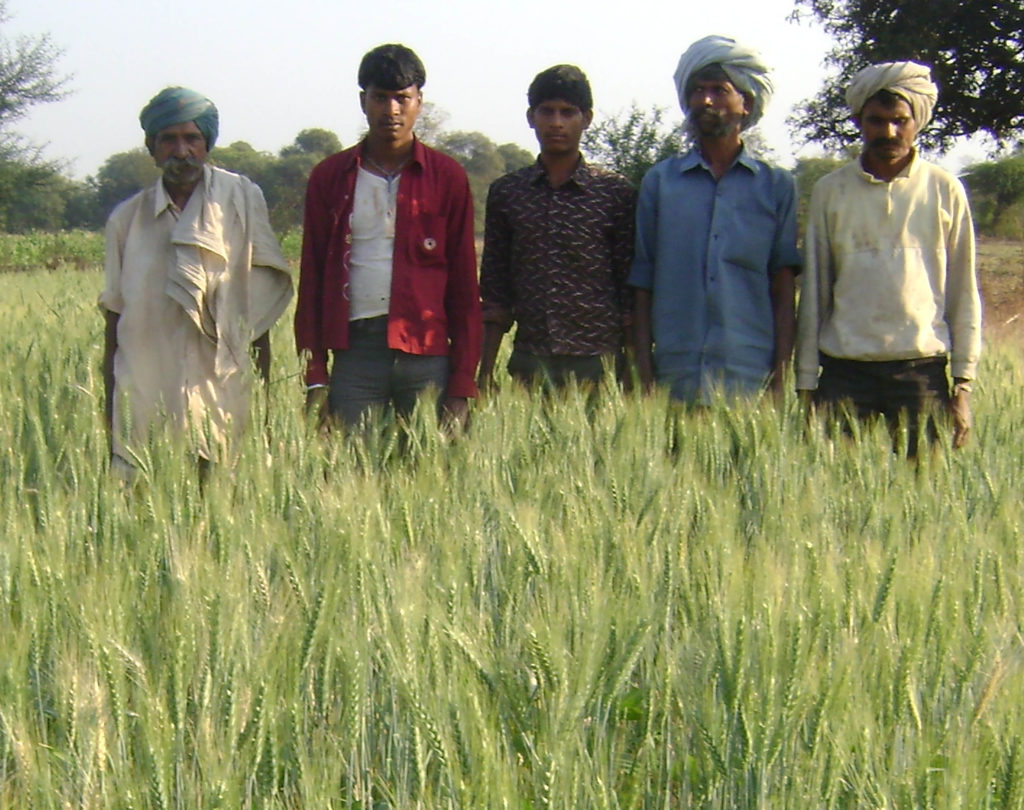
About Us
What is Organic Farming – It is not a fad or a new trend in India. In fact, this was our way of farming in the ancient times. Today, it faces a lot of challenges because of lost knowledge due to years of green revolution practices. Organic farming means, fertile soil, nutrient rich plants, happier environment and healthful food. Kansari Organics is a collective of farmers from Dewas district in Madhya Pradesh led by a farming activist Subhadra Khaperde. They have come together to tap this traditional knowledge and bring you truly organic produce. They aim to go back to the roots of sustainable agriculture to provide a platform for organic food at very reasonable prices.
Kansari is The Bhil Adivasi Goddess of Agriculture in Bhil Mythology. The Supreme God created the Goddess Kansari, from the cereal Jowar (Sorghum) and gave her breasts. Human beings fed from these breasts and blood flowed into their veins. That is why the Bhils believe that if they do not eat Jowar, their blood will dry up. Kansari is an apt name that signifies the importance of reviving organic agriculture as a must for healthy living.
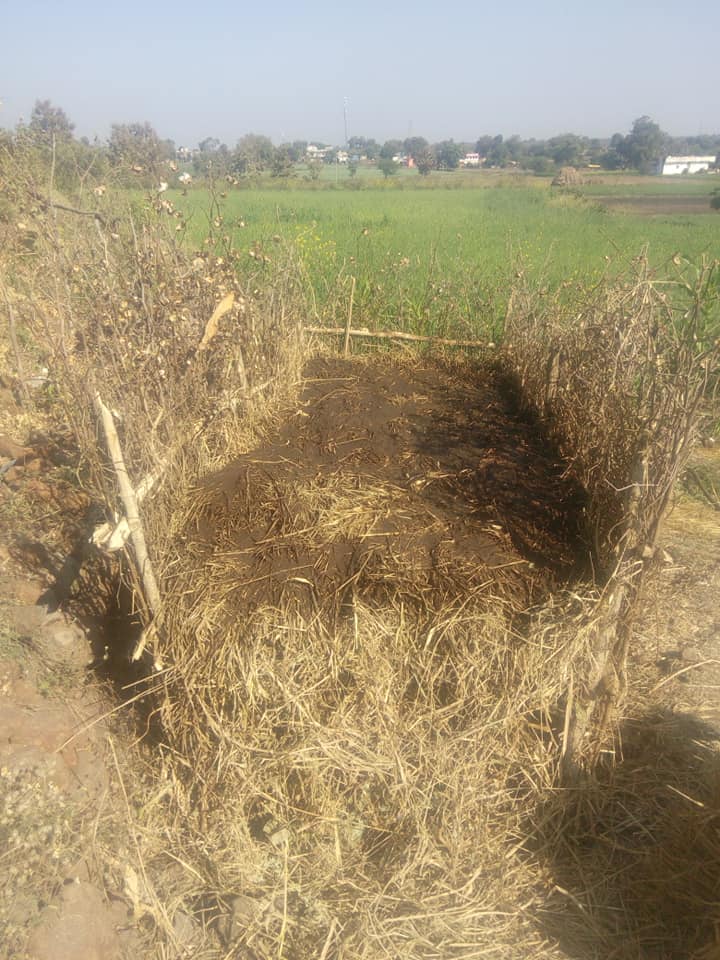
Why Organic ?
The nutritive value of organic crops brings numerous health benefits to the consumer.
The ecological sustainability and economic viability of organic farming also make it a welcome change.
In this practice, a variety of crops are sown on the same farm using compost prepared on the farm from animal manure and farm residue. Additionally, a bio liquid rich in micro-organisms is prepared by fermenting a mixture of manure, cattle urine, jaggery and besan and this is applied to the roots of the plants to enrich the soil with these micro-organisms. The ecological use of farm residue and manure helps the farmers, enriches our soil and saves our water and benefits the consumer. The Government of India has a Participatory Guarantee System in which a group of farmers have to register themselves for organic production. As the farmers are known to each other, they can verify that all of them are following organic farming practices. The group of farmers associated with Kansari have just started off on their organic journey and will eventually register themselves under this scheme. However, these farmers are living on the edge and need to be supported in their efforts till the time they are able to improve their soil and output and hence, their incomes. The products will be reasonably priced so as to ensure that the farmers receive the statutory minimum wage for their labour and a profit of 50 percent over their costs as per the Government’s formula for calculating the minimum support price.
The ecological sustainability and economic viability of organic farming also make it a welcome change.
In this practice, a variety of crops are sown on the same farm using compost prepared on the farm from animal manure and farm residue. Additionally, a bio liquid rich in micro-organisms is prepared by fermenting a mixture of manure, cattle urine, jaggery and besan and this is applied to the roots of the plants to enrich the soil with these micro-organisms. The ecological use of farm residue and manure helps the farmers, enriches our soil and saves our water and benefits the consumer. The Government of India has a Participatory Guarantee System in which a group of farmers have to register themselves for organic production. As the farmers are known to each other, they can verify that all of them are following organic farming practices. The group of farmers associated with Kansari have just started off on their organic journey and will eventually register themselves under this scheme. However, these farmers are living on the edge and need to be supported in their efforts till the time they are able to improve their soil and output and hence, their incomes. The products will be reasonably priced so as to ensure that the farmers receive the statutory minimum wage for their labour and a profit of 50 percent over their costs as per the Government’s formula for calculating the minimum support price.
